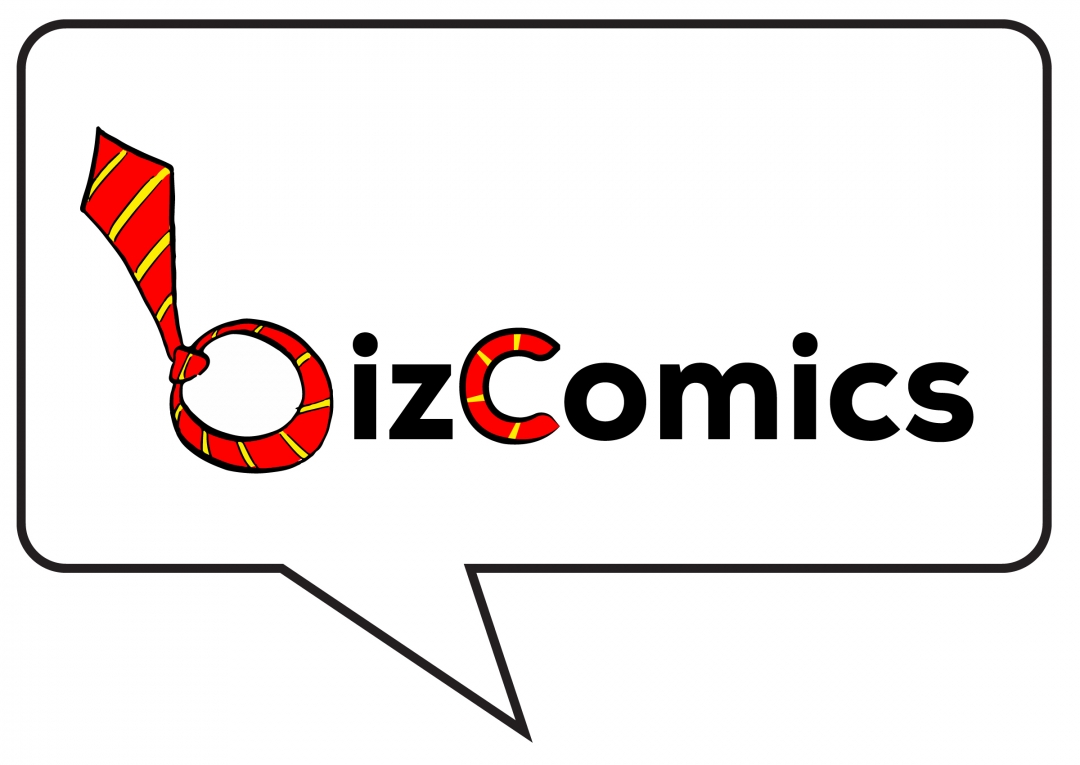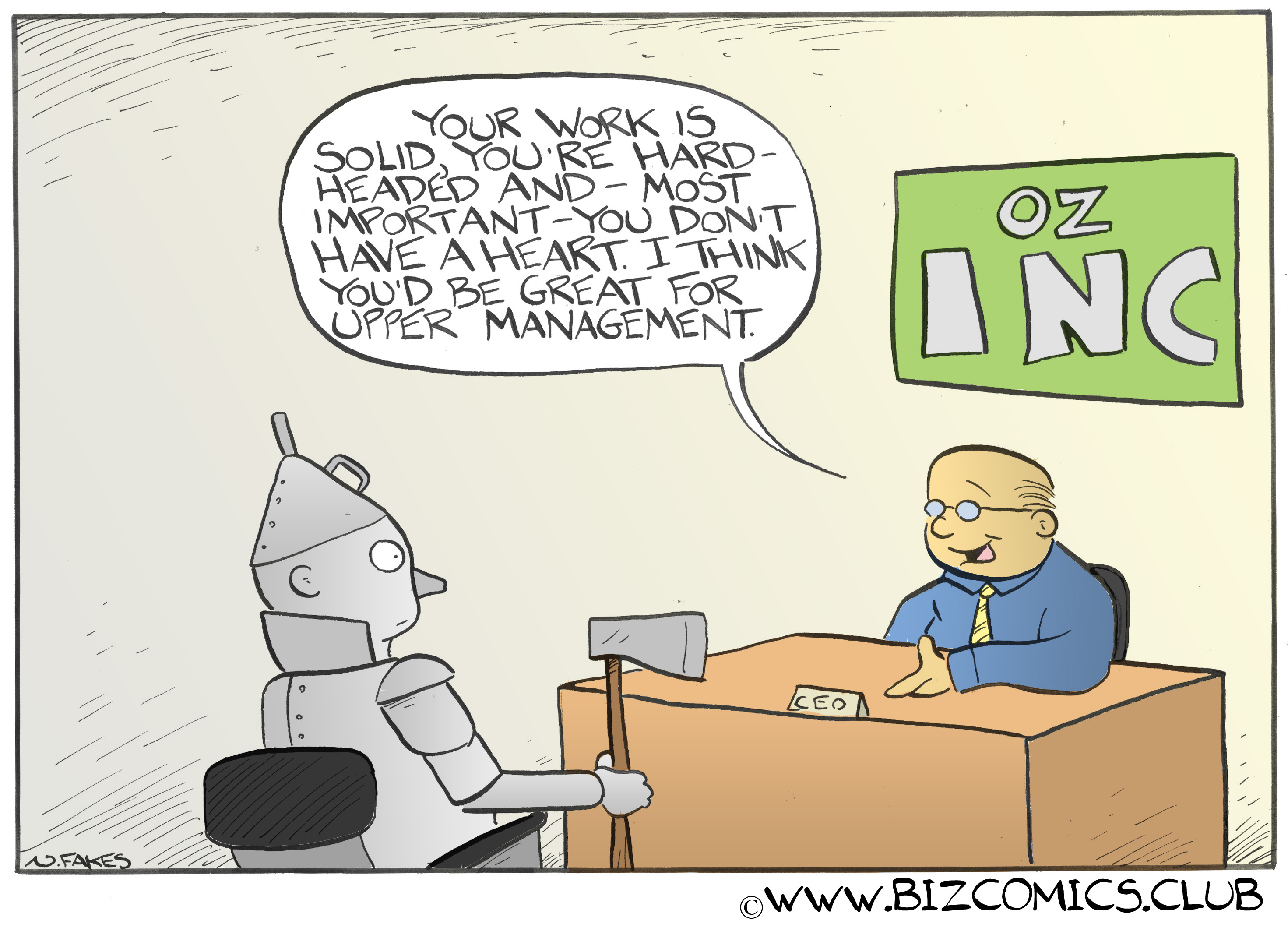machine (noun)
1. an apparatus consisting of interrelated parts with separate functions, used in the performance of some kind of work
2. a mechanical apparatus or contrivance; mechanism
“Organization and method mean much, but contagious human characters mean more.”
(William James)
Anything that gets big enough becomes self-sustaining: It exists for and unto its own perpetuation. Anything that becomes self-sustaining becomes a machine. Machines are impersonal by definition. They have moving parts. Those parts are interchangeable, replaceable, worthwhile only for their singular functions, vital only to the machine’s purpose of self-sustenance. Machines — like monsters and governments — seldom surrender their size, let alone their viability. And they never — ever — look inward … or back.
That’s why, when it comes to our relationships with machines, whether those machines are mechanical or bureaucratic, it always seems like us and them. Does it really have to be like that? No. But the difference comes down to values.
Every organization reflects its leadership (and every monster its creator). If that leadership values the indifferent management of indistinguishable parts, you’ll have an organization of crudely equivalent parts, rather than an organization of meaningfully engaged people. If it values mechanical order, you’ll have an organization of rote regimentation, rather than an organization of creative adaptation. If it values blind obedience, you’ll have an organization of dogmatic, fearful adherence, rather than an organization of mindful allegiance.
On the other hand, if you have a heart — if the leadership of the organization values contribution over conformity, imagination over ingratiation — you just might end up with a passionately committed group of contagious human characters.
Make no mistake: Deliberate, informed sensitivity is more difficult to achieve and sustain than detached, mechanical apathy. Both come with risks.
Before you choose the risk you want, be sure you know the rewards you need.
“But, after all [said the Tin Woodman], brains are not the best things in the world.”
“Have you any?” enquired the Scarecrow.
“No, my head is quite empty,” answered the Woodman; “but once I had brains, and a heart also; so, having tried them both, I should much rather have a heart.”
(L. Frank Baum, The Wonderful Wizard of Oz)

